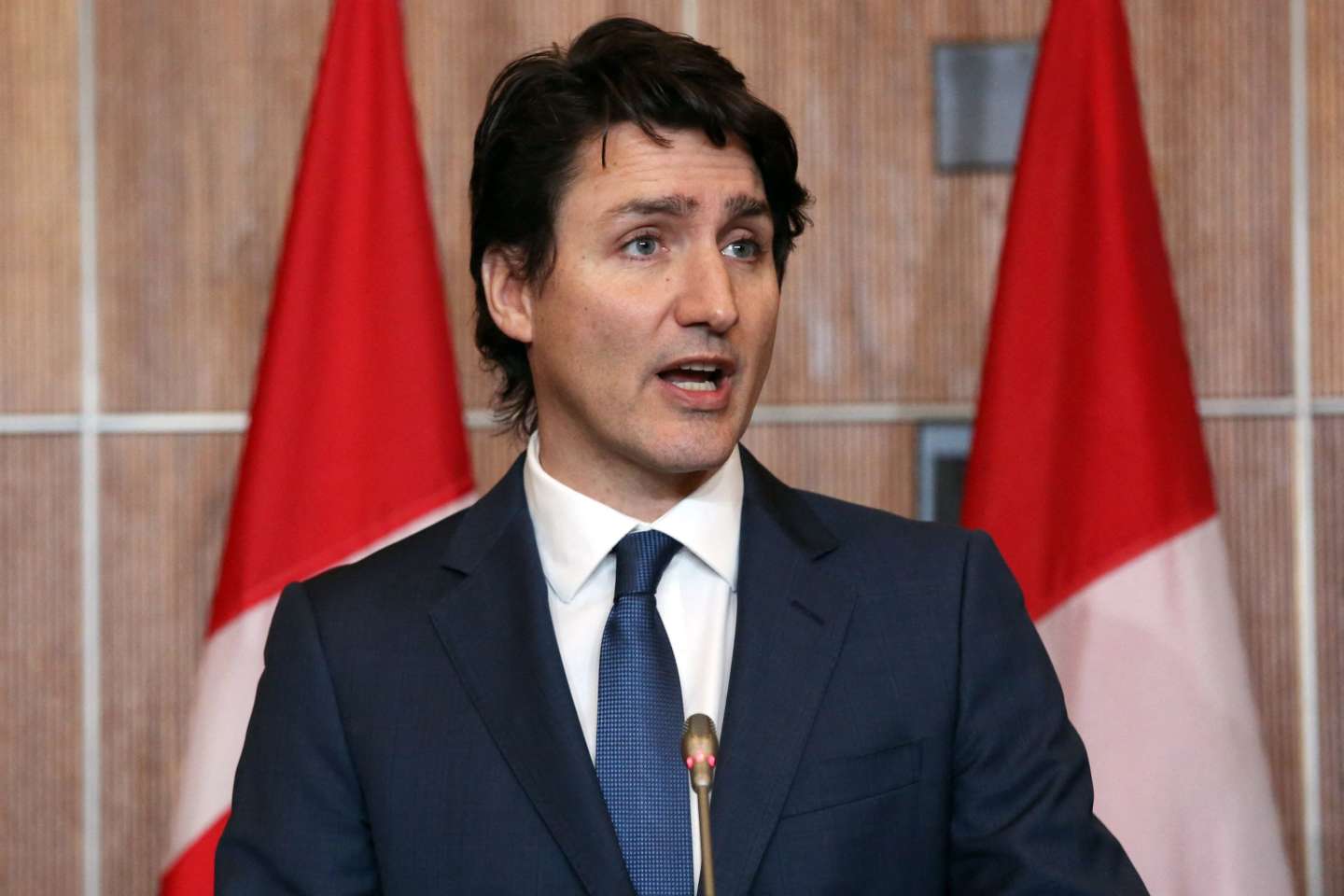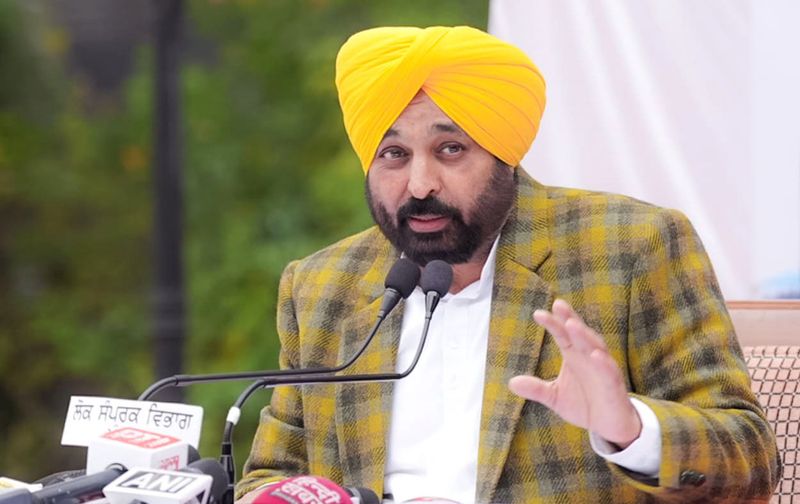This week, deteriorating bilateral relations between India and Canada took another ugly turn. On the other hand, the new government (read: anti-India) of the Maldives is all set to disbalance the geopolitical equilibrium of the Indian Ocean Region (IOR). The newly elected president of the Maldives, Mohammad Muizzu, has won the elections by running a strong anti-India campaign. Despite this, Indian Prime Minister congratulated him on X writing, “India remains committed to strengthening the time-tested India-Maldives bilateral relationship and enhancing our overall cooperation in the Indian Ocean Region.” But Muizzu has announced to remove all Indian troops stationed in archipelago state. His pro-China attitude will not only pose challenges to the neutrality of IOR, I am also worried Maldives will prove to be next Sri Lanka or Pakistan if it falls in to the trap of ‘string of pearl’ strategy of China. In case of Canda-India brawl too, Canada would suffer heavily as leave aside other areas of engagement, if we consider the domain of education only, India is the largest source of foreign students to Canada. Any fall in the present numbers would impact Canadian economy heavily. After escalation of crisis between the two nations, it is much speculated that the numbers may fall. In spite of considering his nation’s interests as a priority, Trudeau chose to play a dirty political game, which backfired. Responding to Trudeau’s political move, India has now asked Canada to withdraw about 40 diplomatic personnel from India.
India-Canada diplomatic crisis continues
This can be seen as a detrimental juncture for the bilateral relations between the two nations. Indian officials have made it clear that the Canadian diplomates who will not leave India by 10th October would lose their diplomatic immunity. Canada has more diplomats in New Delhi than India has in Ottawa, and since this crisis flared up, India has been asking Canada to provide evidences for the allegations that Trudeau imposed on Indian government. So far Canadian government could not come up with any proof. This entire crisis between India and Canada started when Trudeau, despite knowing the history of Khalistan movement in India, alleged that Indian government has a role in killing of Hardeep Singh Nijjar. India immediately rejected the claim. Nijjar, who was attacked and killed by some unidentified assailants on 19th June in Vancouver, British Columbia, was the chief of the Khalistan Tiger Force and worked closely with Sikhs for Justice leader Gurpatwant Singh Pannun. Nijjar was a declared terrorist by Indian government. NIA also clearly mentioned Nijjar as an ‘absconder’ and had declared a cash award of Rs 10 lakh on him. Despite knowing all these facts, instead of helping India, Trudeau alleged India. Though Trudeau gave statements to press on Tuesday that he does now want to escalate this issue with India. “We are going to continue to engage responsibly and constructively with the government of India,” he said. (What is left now for the engagement?) But this crisis does not seem to be resolving any sooner.
Maldives geopolitical crisis: Pro-China shift
Another crisis knocks the door from Maldives. Maldives’ strategic location in Indian Ocean Region (IOR) makes it a very special nation for the entire region despite its small size. Maldives’s strategic location across the strategic sea lanes that connect East Asia with West Asia increases its significance in the region. So far, India and Maldives enjoyed good bilateral relationship, and the earlier government did not fall a trap to China’s ‘string of pearl’ strategy, using which it has already captured strategically located ports in different nations located between Chinese mainland and Port of Sudan in the Horn of Africa. China aims to control IOR region, which is obviously unacceptable to the nations like India and the US. So far, India had its strong presence in Maldives but with the recent elections in the Maldives, it seems that apart from the bilateral relations between India and Maldives, the regional integrity may suffer heavily. The victory of the pro-China candidate Mohamed Muizzou, who was previously the mayor of Male, would certainly impact the geopolitics of the IOR region. Not only Muizzou ran his campaign on the anti-Indian lines (He called it ‘India out’ program!), he has now announced that he will remove all Indian troops presently stationed in Maldives. This would not only disturb the present balance of power in the region, it would prove detrimental for Maldives too in future. If Muizzou has not learnt from what China did to nations like Sri Lanka and Pakistan, he may end up with the similar future. This is a moment of crisis for India also, but India may find another location to place its troops. India also has a strong, decision-making presence in various multilateral platforms, which will help it in managing this issue.
All in all, be is about Canada, or about Maldives, the leaders need to understand that their national interests come before their own political objectives. Those who do not go by this very simple rule face multiple repercussions.
The author is Professor, School of International Studies, JNU







